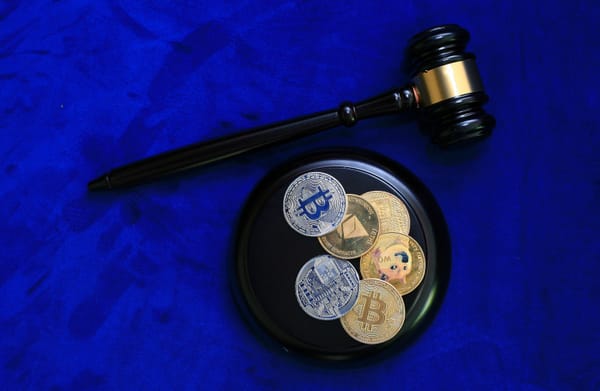Fraudsters Impersonate Registered Brokers to Swindle Investors, the FBI Warns

Scammers are impersonating registered brokers and investment advisors in an attempt to defraud investors, US authorities have warned in an alert. The fraudsters use a variety of tactics to lure unsuspecting investors, including setting up fake social media profiles, spoofing websites and cold-calling targets.
The alert, by the FBI Criminal Investigative Division and the US Securities and Exchange Commission’s Office of Investor Education and Advocacy (OIEA), says some fraudsters even impersonate real investment professionals, using their name, address, logo, photo and registration number.
Investors should always verify the identity of anyone offering an investment opportunity. “Don’t rely on the website or contact information the person provides you,” the alert reads. “If you suspect someone is falsely claiming to be registered with the SEC, do not give the person any money and do not share your personal information. Report the person to the SEC.”
Licensed or registered professionals offering investment opportunities can be checked using the search tool on Investor.gov. However, you should also make sure you’re not dealing with an impostor.
“Contact the seller using the contact information you verify independently – for example, by using a phone number or website listed in the firm’s Client Relationship Summary (Form CRS) – rather than relying on contact information the seller provides you,” the FBI and SEC added.
Knowing how to spot the red flags of an investment scam can help protect your finances and personal information. Here are some of the most common warning signs to look out for:
- Unsolicited offers via email that seem too-good-to-be-true
- The offer guarantees high investment returns with little or no risk
- Customers are allowed to use credit cards, digital asset wallets, cryptocurrency, wire transfers and checks to invest
“If you pay for an investment by wire transfer or check, be suspicious if you’re being asked to send or to make the payment out to a person or to a different firm, the address is suspicious (for example, an online search for the address suggests it is not an office building where the firm operates), or you are told to note that the payment is for a purpose unrelated to the investment (for example, medical expenses or a loan to a family member),” the agency added. “If you wire money outside of the United States for an investment that turns out to be a scam, you likely will never see your money again.”
tags
Author
Alina is a history buff passionate about cybersecurity and anything sci-fi, advocating Bitdefender technologies and solutions. She spends most of her time between her two feline friends and traveling.
View all postsRight now Top posts
Your Device ‘Fingerprint’ Will Go to Advertisers Starting February 2025
December 24, 2024
Beware of Scam Emails Seeking Donations for UNICEF or Other Humanitarian Groups
December 19, 2024
Torrents with Pirated TV Shows Used to Push Lumma Stealer Malware
November 14, 2024
FOLLOW US ON SOCIAL MEDIA
You might also like
Bookmarks








